Magazine
TO SEE VIDEO;
http://www.bbc.com/news/magazine-32526030
Global collaboration fights cultural destruction
- 2 hours ago
- Magazine
A global team of experts is being trained to save world heritage in times of crisis.
The threat to monuments, ancient sites and museums is growing, according to the Rome-based International Center for the Study of Preservation and Restoration of Cultural Property (ICCROM).
But intangible heritage such as language and tradition is also at risk as communities become displaced by poverty and conflict.
"The problems are large and interconnected," says ICCROM's Aparna Tandon.
That's why ICCROM has joined forces with the Smithsonian Institution, the Netherlands National Commission of Unesco and 11 other organisations to create an elite team of professionals who can quickly assess damage and work with communities to protect their heritage.
In April, experts from 21 countries took part in training at an old fort on the outskirts of Amsterdam where they practised their skills, navigating bomb blasts, bad weather and protests.
At the event, representatives from Guatemala, the Philippines and Ukraine shared their stories of how chaos and conflict have affected their global heritage.
UKRAINE
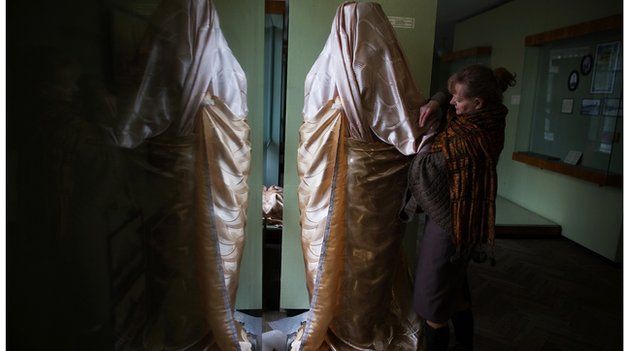
When violent protests erupted in Kiev last year, museums in the capital found themselves at the centre of the conflict.
The Kiev History Museum was ransacked by looters who stole some artefacts and smashed many others. But the National Art Museum of Ukraine was kept safe by workers who stayed on the premises 24 hours a day.
"They had a strategy, but the situation showed us that we were not ready to respond to emergencies like this," says Ihor Poshyvailo, chairman of the Museum Council of the Ministry of Culture in Ukraine.
At the Donetsk Regional History Museum, most of the galleries have been destroyed by shelling. Another museum in Luhansk has been damaged. A World War Two monument on the border with Russia has also been destroyed, he says.
"When we speak about cultural heritage, we almost always speak about monuments, buildings and objects. But intangible heritage is badly affected in that region because many civilians have been killed, the bearers of old traditions. The impact is huge."
Poshyvailo is also chairman of the board of the Maidan Museum, an ongoing project to commemorate the protests that led to the overthrow of the pro-Russia government of Viktor Yanukovych. People are being asked to collect objects from the scene.
"We are rediscovering our cultural identity. Some communities in the east lost their identity because of policies during the Soviet era. But reconciliation also depends on culture. This is not a civil war - it is a conflict about identity."
PHILIPPINES
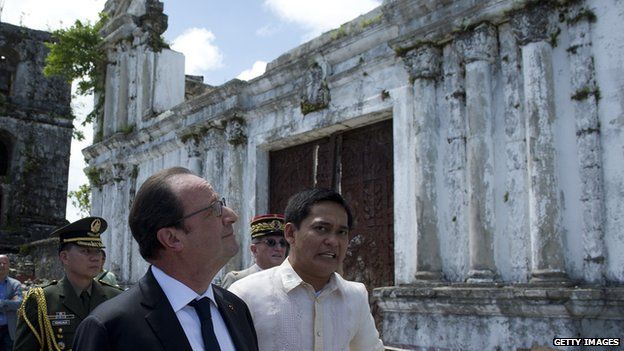
The Philippines is home to six Unesco World Heritage Sites. Half are natural such as the Puerto-Princesa Subterranean River National Park, which contains some of the most important forests in Asia.
"We have a traditional principle of being guardians of our own land, culture and heritage," says Joanna Lerio, a culture and arts officer at the National Commission for Culture and the Arts.
But the country is also in the Ring of Fire, where 90% of the world's earthquakes occur. Typhoons are a regular hazard. The threat to the country's rich natural heritage is further complicated by several decades of internal unrest.
"The Philippines has been criticised as not always prepared to face risks," she says. "It's one aspect we really need to address."
The archipelago is also home to an estimated 14 to 17 million indigenous people, tribes and ethnic groups. They have their own languages, customs and traditional clothing.
"But they are facing dislocation. When communities are uprooted from their mountain villages, a lot of traditions and culture are lost in the process."
The National Commission for Culture and the Arts maintains schools where communities can continue to learn their crafts, songs, dances and traditions. "They are link between the past, present and the future," says Lerio.
"These traditions have been passed on from generation to generation. If they are lost it leads to questions about our national identity. We are poor and the only thing we can leave to our children is what we take care of at this moment."
GUATEMALA
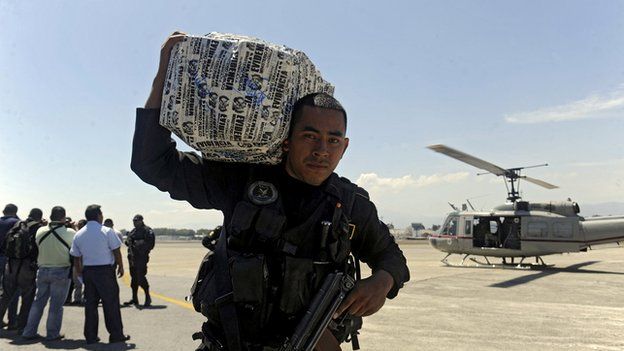
Samuel Franco is passionate about his homeland. "I have dedicated my life to Guatemala," he says.
But Franco, chairman of the Blue Shield Guatemala, an emergency response agency for culture, is also fearful of the high levels of crime that have made his country one of the most dangerous in the world.
"In Guatemala we walk with death," he says.
Crime also threatens the country's heritage. Drug cartels have established themselves in the country. An estimated 65% of cocaine destined for the US passes through Guatemala.
"We have a major enemy in the drugs lords. According to UNESCO they are looting archaeological sites to launder money," says Franco.
Other social problems are putting pressure on the World Heritage city of Antigua. Built in the 16th Century it has been badly damaged by fire, earthquakes and even an avalanche. But now its survival is threatened by tourism, uncontrolled growth, illegal construction and traffic.
Franco, also a member of the Disaster Relief Task Force for the International Council of Museums, says crime is displacing communities. Many younger people are trying to emigrate.
"There's not much we can do, but the important thing is to document - especially oral traditions. We need to interview the elders who are living treasures," he says.
"Cultural heritage is now a target and we have to get organised. We have to create consciousness in the next generation because they will become the ones responsible."
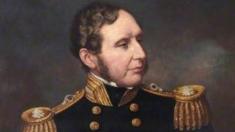

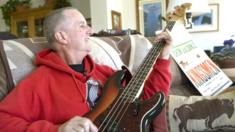






No comments:
Post a Comment
Please leave a comment-- or suggestions, particularly of topics and places you'd like to see covered